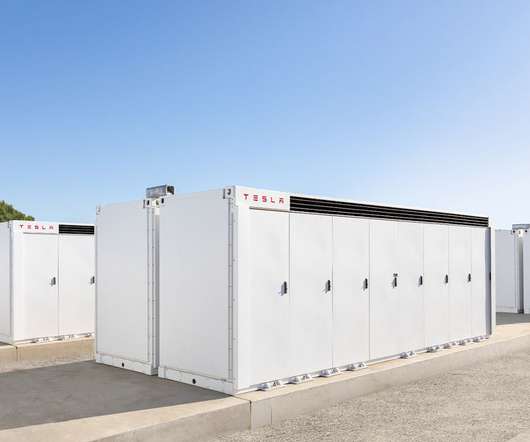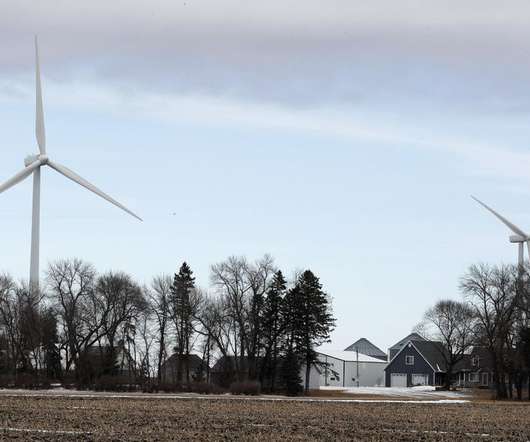PG&E launches new $130M program to accelerate EV adoption in Northern and Central California; 7,500 chargers
Green Car Congress
JANUARY 18, 2018
To help accelerate the adoption of electric vehicles in California, Pacific Gas and Electric Company (PG&E) has launched its new EV Charge Network program. While EV adoption continues to grow in California, one of the biggest barriers remains the lack of available places to charge.

















Let's personalize your content